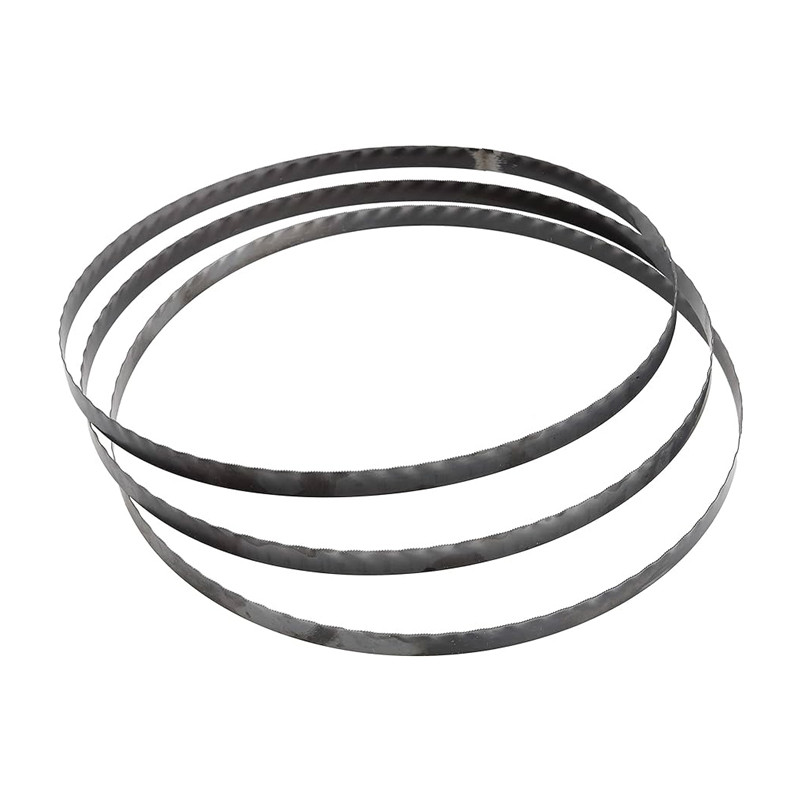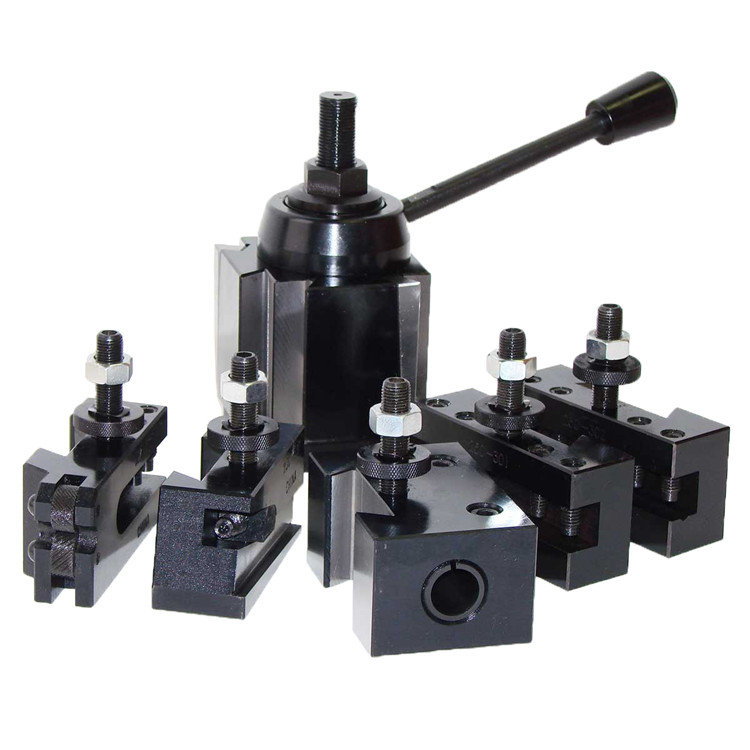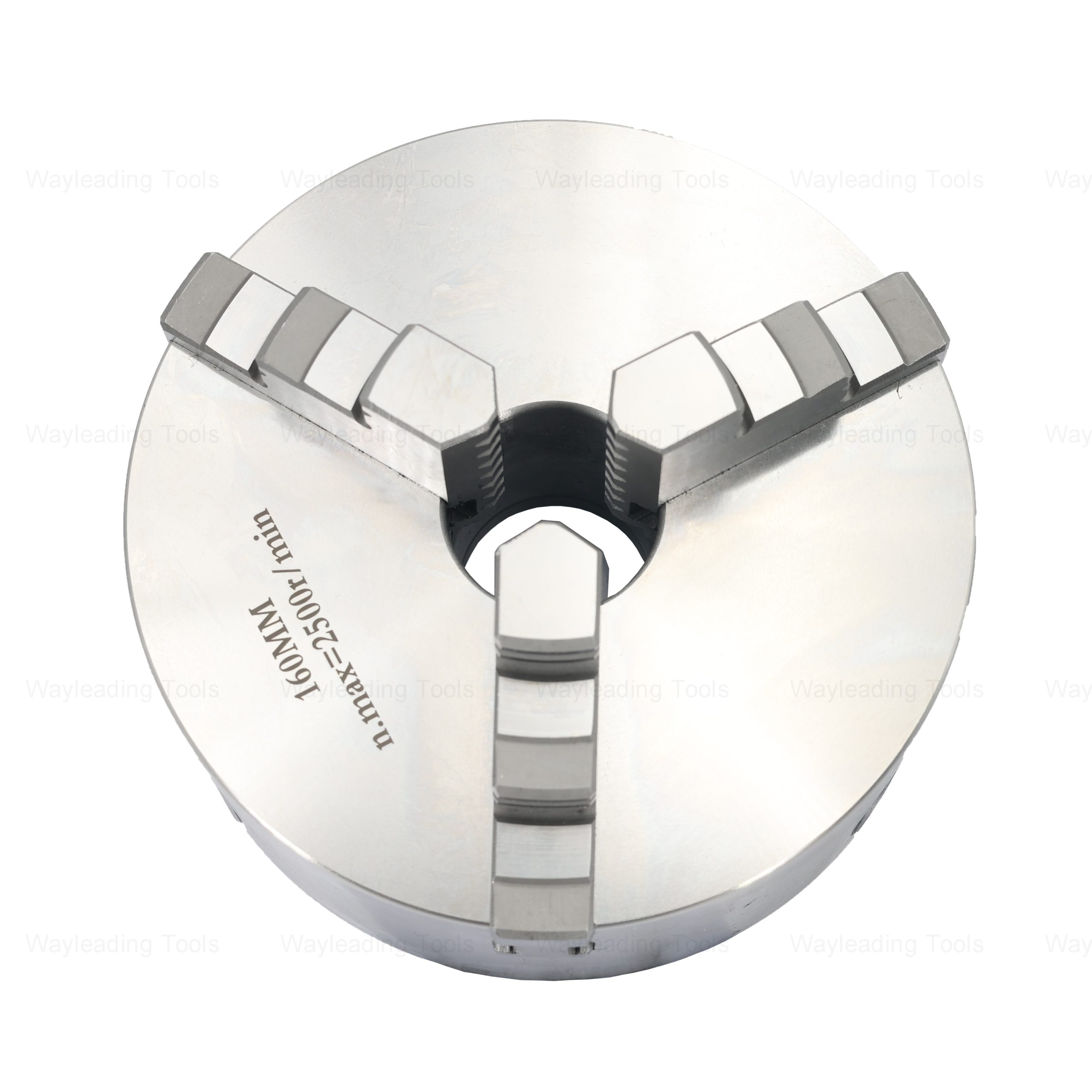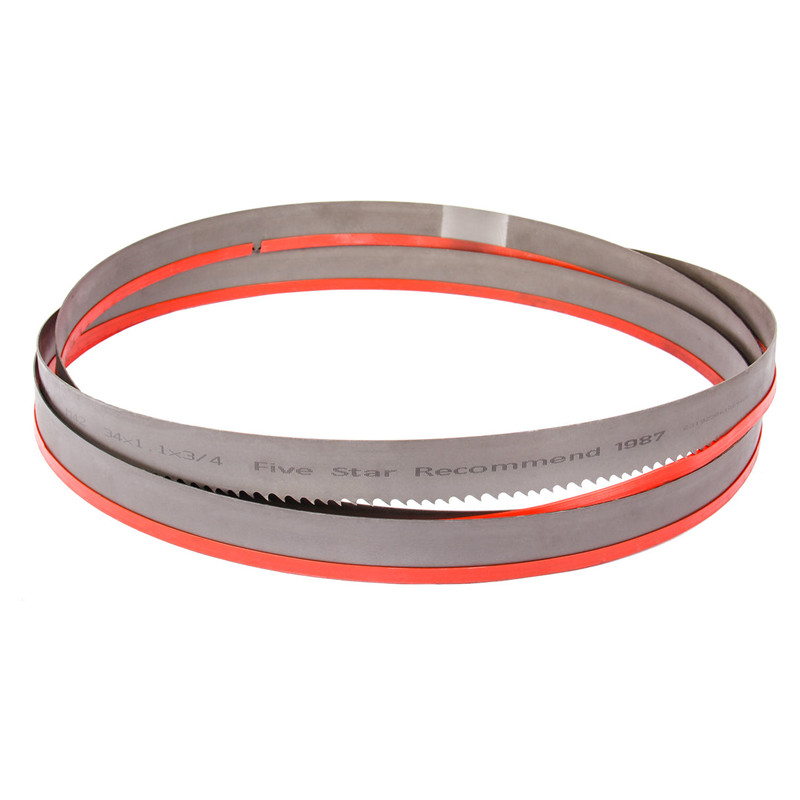Wholesale Round Die
A wholesale round die is a tool used to create external threads on a cylindrical workpiece. Selecting the right wholesale round die involves understanding thread types, materials, sizes, and specific applications. This guide offers detailed information to help you make informed decisions when purchasing wholesale round dies for your metalworking needs.
Understanding Round Dies: The Basics
Round dies are essential tools for cutting or forming external threads on rods or bars. They are known for their simplicity and ease of use, making them popular in various industries, from manufacturing to DIY projects. Understanding the different types and features of wholesale round dies is crucial for efficient and accurate threading.
Types of Round Dies
There are several types of round dies available, each designed for specific applications:
- Solid Dies: These are one-piece dies offering high rigidity and accuracy. They are typically used for cutting threads on materials with good machinability.
- Adjustable Dies: These dies have an adjusting screw that allows for slight variations in thread size. They are useful for creating threads that need to fit specific tolerances.
- Split Dies: These dies are split into two halves, which allows for easier removal of the die from the workpiece after threading.
Materials Used in Round Dies
The material of a wholesale round die significantly impacts its performance and lifespan. Common materials include:
- High-Speed Steel (HSS): HSS dies offer excellent hardness and wear resistance, making them suitable for a wide range of materials.
- Carbon Steel: Carbon steel dies are more economical but less durable than HSS dies. They are best suited for threading softer materials like aluminum and brass.
- Alloy Steel: Offer a balance between cost and performance, suitable for general-purpose threading.
Factors to Consider When Buying Wholesale Round Dies
Choosing the right wholesale round die requires careful consideration of several factors to ensure optimal performance and longevity. Here's a breakdown of key aspects:
Thread Type and Size
The most important consideration is the thread type and size required for your application. Common thread types include:
- Metric (M): Widely used in international applications, identified by 'M' followed by the diameter in millimeters (e.g., M6, M8, M10).
- Unified National Coarse (UNC): A standard thread form in the United States, designated by a number and threads per inch (e.g., 1/4-20 UNC).
- Unified National Fine (UNF): Similar to UNC but with finer threads, providing greater holding power (e.g., 1/4-28 UNF).
- National Pipe Thread (NPT): A tapered thread used for sealing pipes and fittings (e.g., 1/2 NPT).
Ensure you select a wholesale round die that matches the specific thread type and size requirements of your project.
Material Compatibility
The material of the wholesale round die should be compatible with the material you're threading. Using an inappropriate die can lead to premature wear or damage to the die and the workpiece. Refer to manufacturer guidelines for material compatibility recommendations.
Die Holder Compatibility
Round dies require a die holder for proper use. Ensure that the die holder you're using is compatible with the size and type of round die you're purchasing. Wayleading Tools (www.wayleading.com) offers a wide variety of die holders to fit different wholesale round die sizes. Check our catalog for options.
Tolerance and Accuracy
If your application requires tight tolerances, choose a high-precision wholesale round die. Solid dies generally offer higher accuracy than adjustable dies. Consider the grade of the die and its manufacturing process when evaluating tolerance and accuracy.
Wholesale Round Die Applications
Wholesale round dies find use in various applications:
- Manufacturing: Creating threaded components for machinery and equipment.
- Automotive: Repairing and restoring threaded parts in vehicles.
- Plumbing: Threading pipes and fittings for plumbing systems.
- DIY Projects: Creating custom threaded fasteners and parts for home improvement projects.
Tips for Using Round Dies Effectively
Proper use of wholesale round dies is crucial for achieving accurate threads and extending the lifespan of the tool. Here are some essential tips:
- Preparation: Ensure the workpiece is clean and free of burrs. Chamfer the end of the rod or bar to facilitate smooth entry of the die.
- Lubrication: Use cutting oil or lubricant to reduce friction and heat during threading. This will improve the quality of the threads and extend the life of the die.
- Alignment: Ensure the die is properly aligned with the workpiece to prevent cross-threading. Use a die holder to maintain alignment.
- Cutting Technique: Apply consistent pressure and rotate the die slowly and steadily. Avoid forcing the die, as this can damage the threads. Back off the die periodically to clear chips and reduce heat.
- Maintenance: Clean the wholesale round die after each use and store it in a dry place to prevent corrosion.
Troubleshooting Common Round Die Issues
Even with careful use, issues can arise when using wholesale round dies. Here are some common problems and their solutions:
- Cross-Threading: Ensure proper alignment of the die and workpiece. Use a die holder to maintain alignment.
- Stripped Threads: Reduce pressure and ensure the die is sharp. Use a lubricant to reduce friction.
- Die Breakage: Use the correct die material for the workpiece. Avoid excessive force.
Where to Buy Wholesale Round Dies
When purchasing wholesale round dies, it's important to choose a reputable supplier that offers high-quality products at competitive prices. Consider the following factors:
- Product Quality: Ensure the supplier offers dies made from high-quality materials with precise threading.
- Product Range: Choose a supplier with a wide range of thread types and sizes to meet your specific needs.
- Pricing: Compare prices from different suppliers to ensure you're getting a competitive deal.
- Customer Service: Choose a supplier with excellent customer service and technical support.
Wayleading Tools (find us at www.wayleading.com) specializes in providing high-quality cutting tools, including a comprehensive selection of wholesale round dies. Contact us for custom quotes and expert assistance.
Round Die Size Chart Example
Below is an example of a round die size chart (metric) for reference. Always consult manufacturer specifications for accurate measurements.
| Size | Thread Pitch (mm) | Outer Diameter (mm) | Thickness (mm) |
|---|---|---|---|
| M3 | 0.5 | 20 | 7 |
| M4 | 0.7 | 20 | 7 |
| M5 | 0.8 | 20 | 7 |
| M6 | 1.0 | 25 | 9 |
| M8 | 1.25 | 25 | 9 |
| M10 | 1.5 | 30 | 11 |
*Note: This table is for general guidance only. Refer to the manufacturer's specifications for accurate dimensions.*
Conclusion
Choosing the right wholesale round die is essential for efficient and accurate threading. By understanding the different types, materials, and features of round dies, and by considering the factors outlined in this guide, you can make informed decisions that will save you time and money. Wayleading Tools (www.wayleading.com) is your trusted partner for all your cutting tool needs. Contact us today to learn more about our wholesale round die selection and how we can help you optimize your metalworking operations. We are proud to be a provider of high-quality wholesale round die solutions.
Disclaimer: The information provided in this article is for general informational purposes only. Always consult with a qualified professional for specific advice related to your metalworking needs. Wayleading Tools is not responsible for any damages or losses resulting from the use of this information.
Related products
Related products
Best selling products
Best selling products-
 Metric HSS Annular Cutters With Weldon Shank For Metal Cutting
Metric HSS Annular Cutters With Weldon Shank For Metal Cutting -
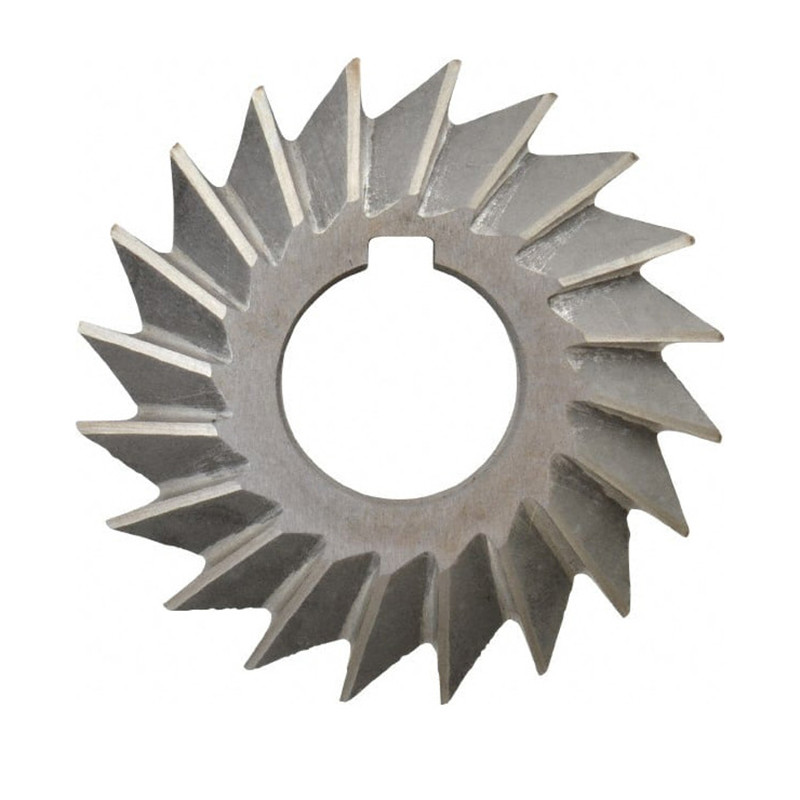 HSS Inch & Metric Single Angle Milling Cutter For Industrial With Bright Or TiN Coated
HSS Inch & Metric Single Angle Milling Cutter For Industrial With Bright Or TiN Coated -
 Adjustable Tap And Reamer Wrench For Thread Cutting Tools
Adjustable Tap And Reamer Wrench For Thread Cutting Tools -
 Precision 8pcs & 9pcs Angle Blocks Set With High Quality Type
Precision 8pcs & 9pcs Angle Blocks Set With High Quality Type -
 3 Flutes HSS Chamfering Countersink Drill bitl With 60 And 90 Degree
3 Flutes HSS Chamfering Countersink Drill bitl With 60 And 90 Degree -
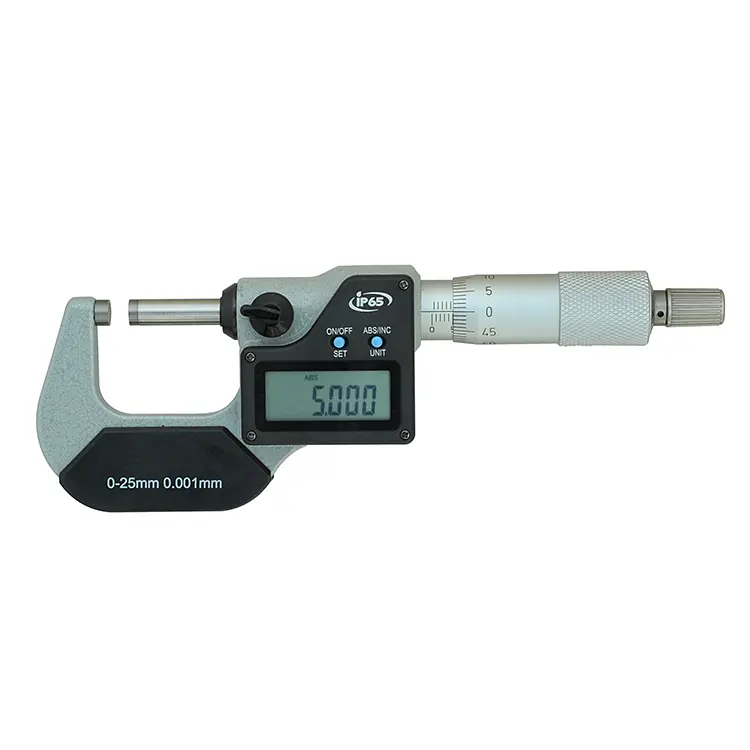 Precision IP65 Digital Outside Micrometer Of Inch & Metric With Data Output
Precision IP65 Digital Outside Micrometer Of Inch & Metric With Data Output -
 Inch HSS 1/2″ Reduce Shank Drill Bit For Metal Cutting Of High Precision
Inch HSS 1/2″ Reduce Shank Drill Bit For Metal Cutting Of High Precision -
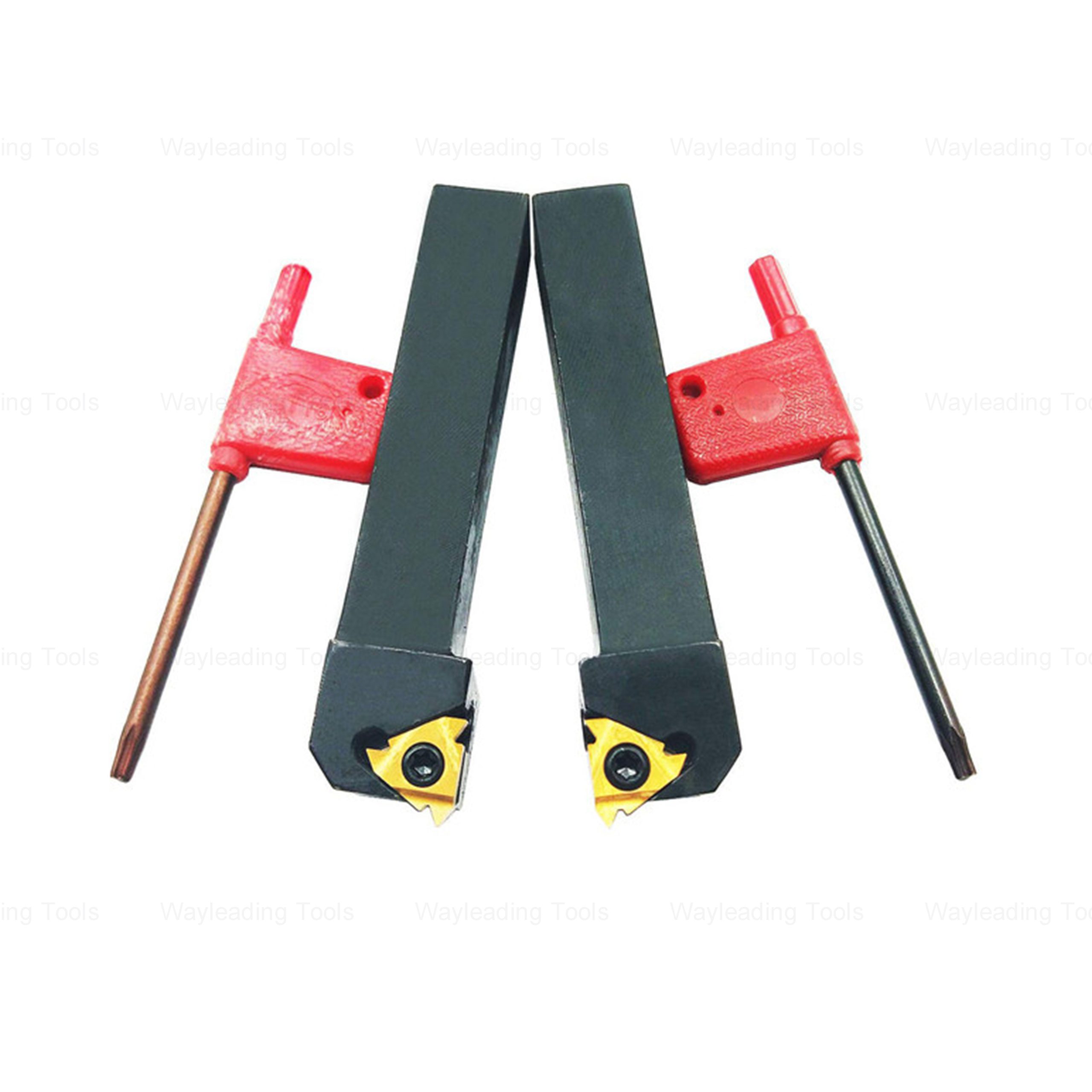 Indexable External Threading Tool Holder – SER / SEL, Metric & Inch
Indexable External Threading Tool Holder – SER / SEL, Metric & Inch -
 HSS Metric Plain Metal Slitting Saws For Industrial
HSS Metric Plain Metal Slitting Saws For Industrial -
 HSS 3PCS DIN352 Hand Tap Set With Taper And PLUG Or Bottoming Tap
HSS 3PCS DIN352 Hand Tap Set With Taper And PLUG Or Bottoming Tap -
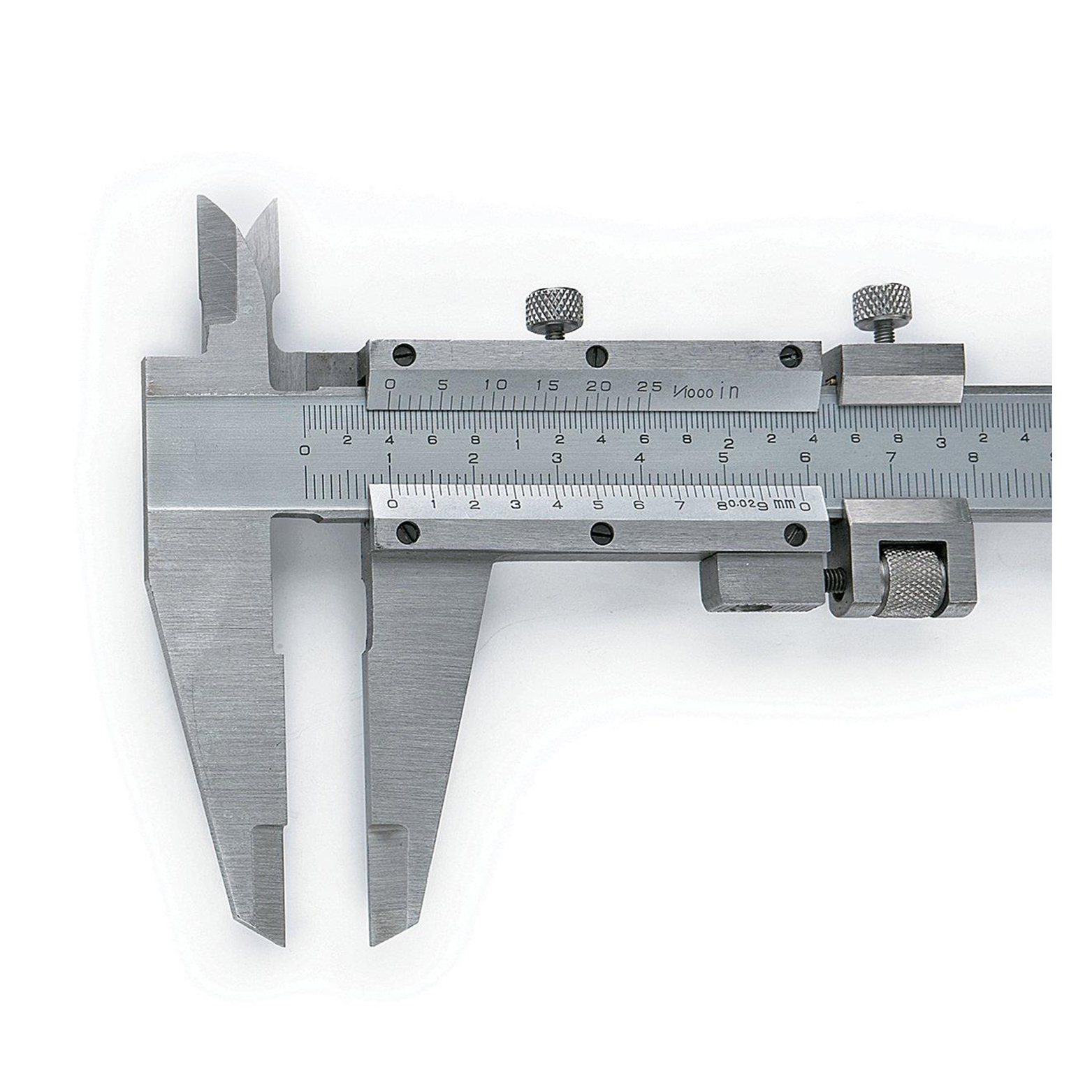 Precision Fine-Adjustment Vernier Caliper Of Metric & Imperial For Industrial
Precision Fine-Adjustment Vernier Caliper Of Metric & Imperial For Industrial -
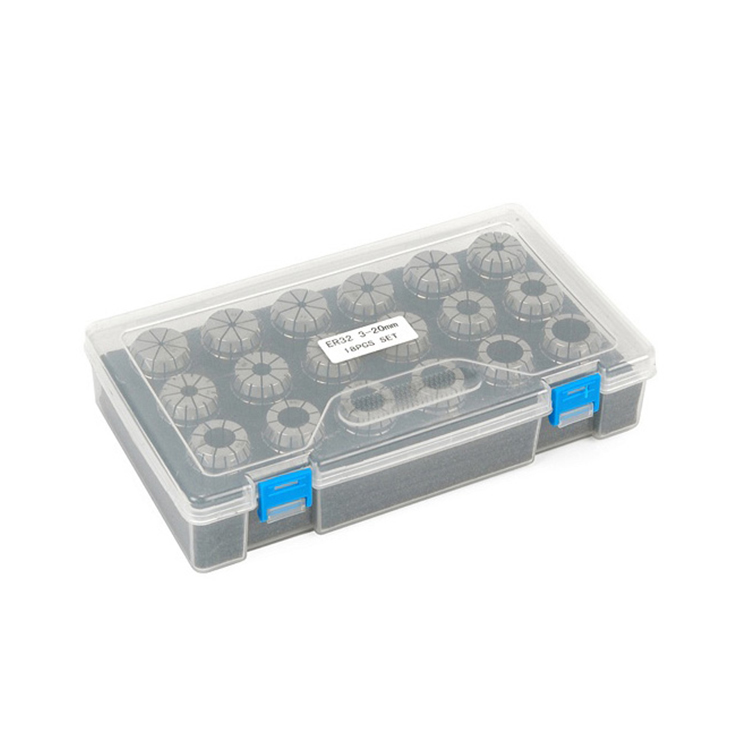 ER Collet Set With Hight Precision Milling
ER Collet Set With Hight Precision Milling



